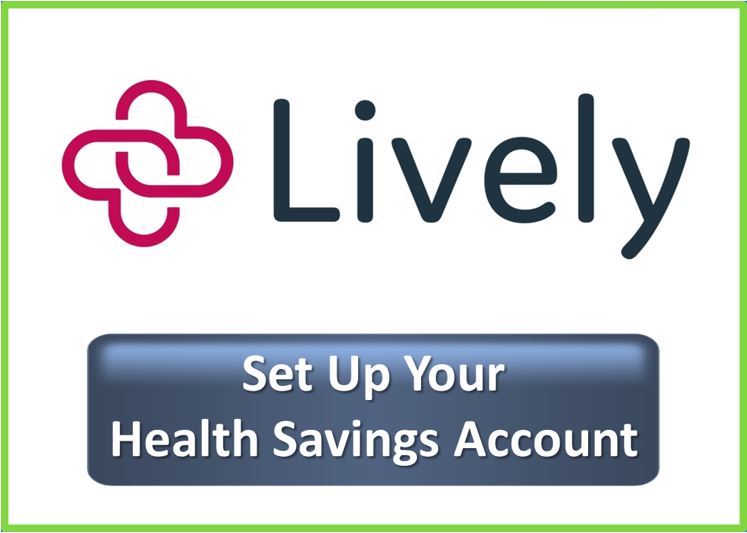Learn about your options
- What you need to know about the current health insurance laws
- Types of health plans
- Here are your options if you’re losing health insurance
- If you have a qualifying event
- If you need medical care
- Open Enrollment
Quick Links (sidebar)
- Get a quote for an individual health policy
- Get a short term health quote
- Set up your health savings account
- Talk to a JME agent
What you need to know about the current health insurance laws
Individual Mandate
You are still required to have health insurance through the end of 2018 or face a tax penalty under the Affordable Care Act. Show penalties.
Beginning in 2019, the penalty disappears.
Premium Tax Credit
Depending on your family size and household income, you may qualify for financial assistance to help you pay your health insurance premiums. The Affordable Care Act created premium tax credits for certain individuals and families whose income is below 400% of the federal poverty level. Show chart.
To qualify for a premium tax credit, you must not have other affordable, minimum value coverage available to you as an employee or as a dependent.
Cost Sharing Subsidies
You may have heard that the federal government has stopped reimbursing insurance companies for the cost-sharing subsidies. That is true. That does not mean, however, that they are no longer available. If your income is below 250% of the federal poverty level and you purchase silver-level health insurance through the marketplace, you may qualify for a cost-sharing subsidy that reduces your out-of-pocket exposure. Show chart.
Here are your options if you’re losing health insurance
If you are losing your current employer-sponsored health insurance, there are a number of options available to you. The best option for you and your family will depend on your situation. Some factors to consider include…
COBRA or State Continuation
For most people, the best option, if it’s available, is to continue their current employer-based health coverage under COBRA or Texas State Continuation.
If you work for an employer with 20 or more employees, you should be eligible for COBRA and will have the opportunity to continue your current coverage for at least 18 months (for dependents, the coverage period can be up to 36 months in certain situations). If your company has less than 20 employees, you may qualify for Texas State Continuation, which will allow you to extend your current policy for 9 months.
It’s important to understand that COBRA (and state continuation) is not a special type of health insurance; instead, it’s just a continuation of your current coverage. Of course, if you are no longer an employee, your employer will no longer be contributing to the cost of your health insurance, so you’ll have to pay the full amount. While this can be costly, there are still some advantages of keeping your group plan over buying a plan in the individual market:
- Group coverage is often less expensive than comparable individual plans.
- There are not a lot of options in the individual markets. In the DFW area, for instance, there are only three or four insurers offering individual health coverage, and only a couple that we would recommend.
- In the individual market in Texas, there are no PPO options. If you currently have a PPO through your employer or former employer, you may want to keep it if you can.
You have 60 days from the loss of coverage to sign up for COBRA or state continuation, and when you make the decision you have to pay premiums back to the day you lost coverage, so you’ll want to be sure to sign up quickly.
HIPAA Enrollment onto your Spouse’s plan
Another option for people losing health insurance coverage is a special enrollment onto their spouse’s group health plan.
Coverage in the Individual Market
If you cannot continue your current coverage and your spouse does not have employer-sponsored coverage, you may want to consider an individual health plan. This is especially true if you qualify for a premium tax credit. Maybe link to marketplace notice.
Include quote boxes
Short-Term Health Coverage
If you are healthy and only plan to be out of work for a short time, you might consider a short-term health plan. These policies last for up to three months with an option to renew, and the price is very affordable. Here’s the catch, though:
You may qualify for a small group plan
Do you have a small business? Even a side business? If so, you may qualify for a group health plan. Link to article or white paper.
Student Health Insurance
If all else fails, you might consider enrolling in a class at a local college that offers student health insurance. Some schools will even let you sign up if you’re taking a single online class. You might learn something, get great coverage, and save some money. Not a bad deal.
If you have a qualifying event
There are certain “life events” that will also give you a special enrollment period to sign up for coverage through your employer if you originally waived coverage, sign up for coverage through a spouse’s plan, or sign up for coverage in the individual market. These include, among other things:
- Marriage
- Divorce
- Birth
- Adoption or placement for adoption
- Moving to a new area
If you have a life event that is causing you to re-think your health coverage, you might also consider some of the other options mentioned above, including short-term health coverage or setting up a group health policy.
If you need medical care
Unfortunately, developing a medical condition does not create a qualifying event that allows you to sign up for health coverage. The Affordable Care Act does make health insurance “guaranteed issue” for anyone who wants health insurance, and the individual mandate is intended to encourage people to sign up for coverage before they get sick.
If you don’t currently have health insurance, you’ll need to wait until the next open enrollment period to sign up. In the individual market, this will be November 1 – December 15.
Until open enrollment, your options may be limited. You will not qualify for an individual policy, a short term plan does not cover pre-existing conditions, and developing a medical condition does not give you a special enrollment opportunity for your company’s health plan or a spouse’s plan. If you own a small business, you may be able to set up a group health plan, and you can do that any month of the year, but there are paperwork requirements. See if you qualify.
Open Enrollment
Between November 1 and December 15, you can sign up for coverage in the individual market.








